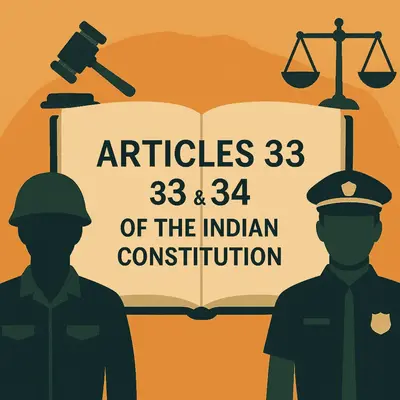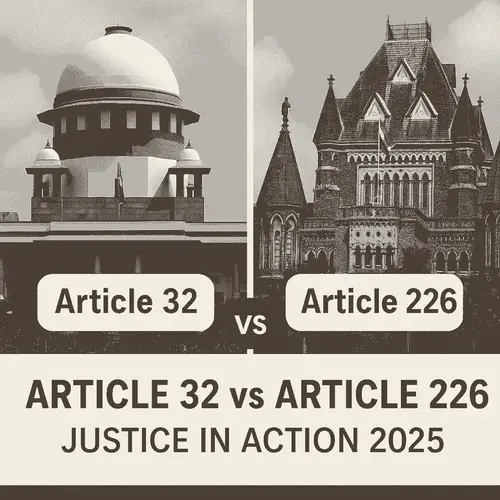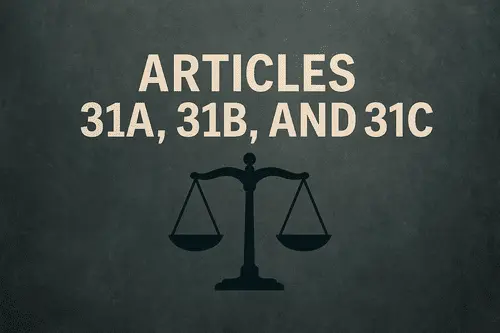Rights in Uniform: Understanding Articles 33 and 34
Introduction: The Human Side of Discipline and Duty India and China recently warmed relations by agreeing to withdraw troops from select snow-covered Himalayan positions for the winter. A humane act, and a strategic one given the harsh nature of mountain warfare. Temperatures in that area can drop below −40 degrees Celsius, oxygen levels drop, and […]
Rights in Uniform: Understanding Articles 33 and 34 Read More »




